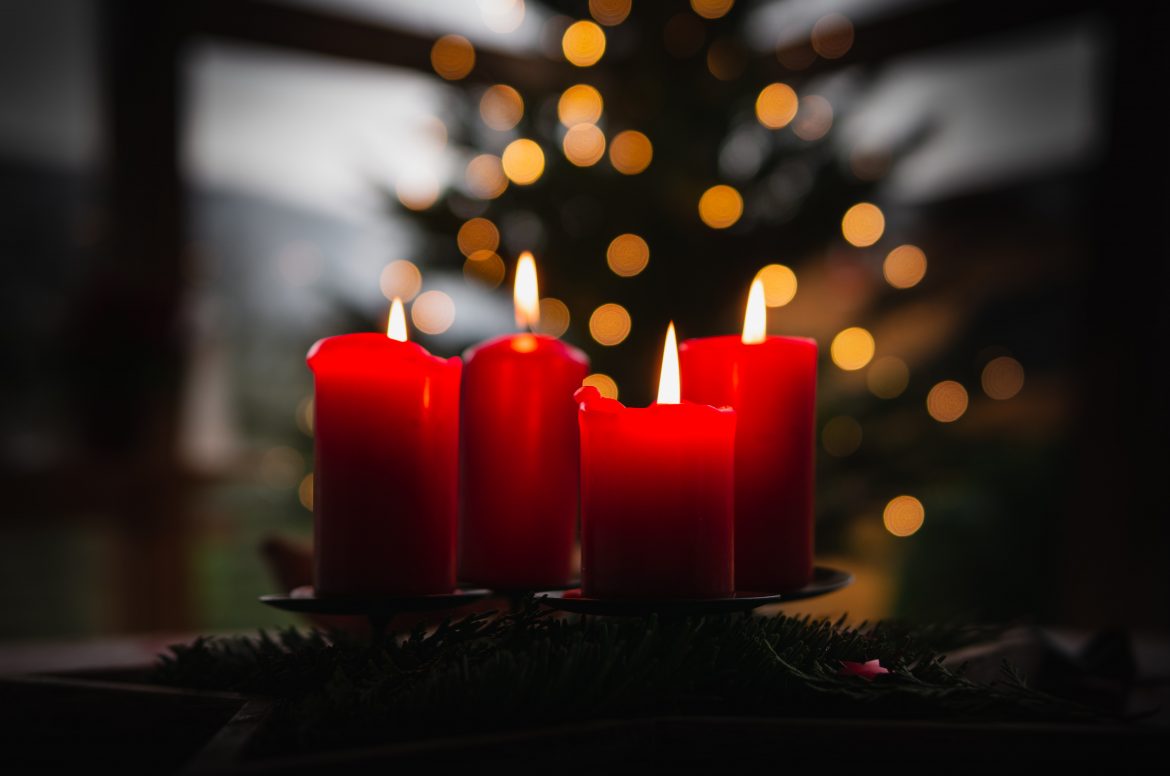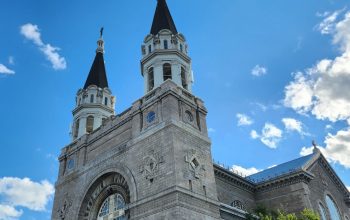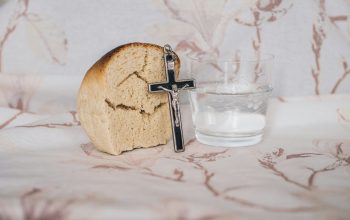Photo Credit: Max Beck
Preparing for eternity in the darkest time of year
Para Babuharan, Logos Editor
Romano Guardini has a profound meditation on time in Sacred Signs: “In the morning we have a lively and agreeable sense that life is starting and is on the increase; then obstacles arise and we are slowed up. By noon for a short while we seem to stand quite still. A little later our sense of life declines; we grow weary, recover a little, and then subside into the quiescence of night.”
We can apply this to the seasons of the year. Spring is like the morning, a time of fresh energy and new life. Summer is like midday, when we meet the pure present amid the noonday glow. Fall is like the evening, a time of completion and death. As the year comes to a close, we are reminded of our own fragility and mortality, the ways in which we fell short of our hopes. Yet, we are hopeful for a new year, a fresh start. It is with these sentiments that the church year launches into Advent.
Advent is the season of spiritual preparation before Christmas. With patient longing and expectant delight, we look forward to Christ’s second coming at the end of time, before remembering his first coming in the fullness of time. In the Northern Hemisphere, Advent is most fittingly a time of long nights and dark desolation. Aware of our own dependence and need, we can either draw closer to Christ, the “Radiant Dawn, splendour of eternal light, sun of justice,” or seek material comforts to consume and be consumed by.
It is platitudinous to complain about the commercialization of Christmas and its excessively early anticipation. It is, however, telling that we continue to put effort into what remains a Christian feast. It proves the inadequacy of secular holidays, as Josef Pieper argued. Still, we have forgotten how to celebrate well, and we are likewise unable to anticipate well. We want to celebrate Christmas as soon as we can, but we cannot savour Christmastide when it comes.
Advent — when it is not confused and conflated with the Christmas season — is an unwelcome gap that allows us to prepare, recollect, and discipline ourselves, so that we can face death confidently and delight in the full joy of Christmas. Especially at this time of year, Christians are called to be joyful, expectant witnesses to eternity. Ed Condon writes in The Pillar, “Ours is a culture that constantly demands the next thing to avoid thinking about the last things.”
Pope Benedict XVI said, “in this time of Advent, let us ask the Lord to grant that we may live less and less ‘before Christ,’ and certainly not ‘after Christ,’ but truly with Christ and in Christ: with him who is indeed Christ yesterday, today, and forever.”




